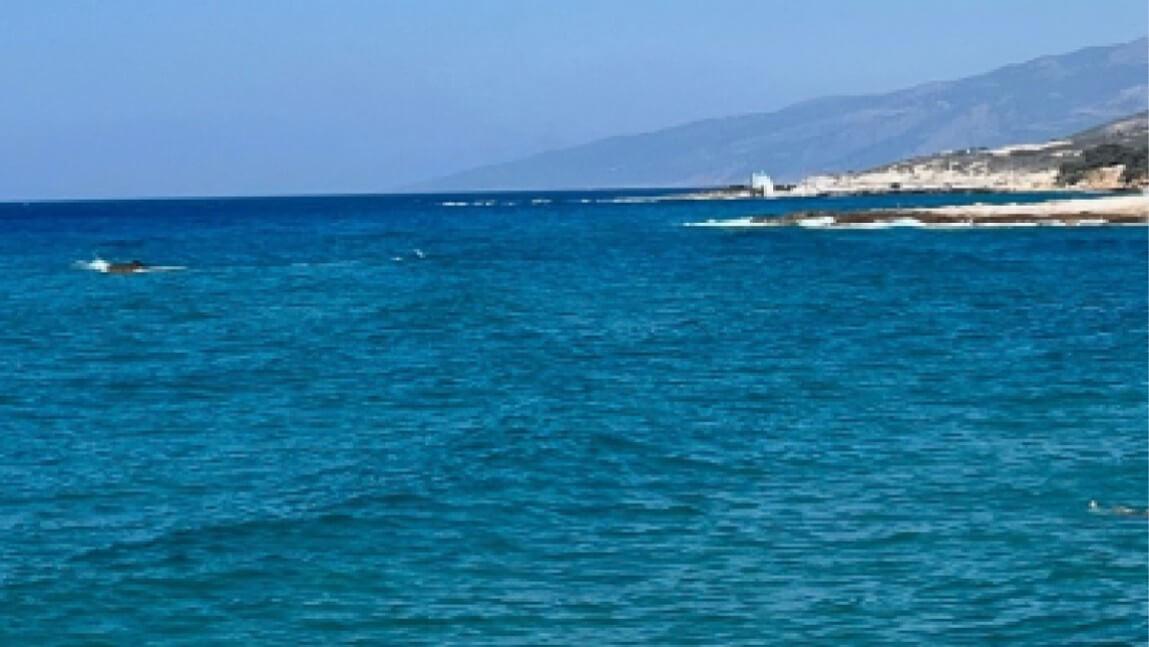This summer, Professor Connie Tompkins will lead UVM’s first travel study experience to Ikaria, Greece - one of five places known as a "blue zone," where people are healthiest and live longest. Read on to learn more.
Why might students be interested in this short-term travel experience?
It is an opportunity to learn from and participate in a lifestyle and culture somewhat contradictory to the American lifestyle. It is a D2, SU-designated course open to any students interested in expanding their cultural awareness, exploring the relationship between health behaviors and sustainability, and practicing the five longevity-associated health behaviors of the Ikarian culture: 1) consumption of fresh, minimally processed, local, seasonal and eco-friendly food, 2) meditation, 3) physically active lifestyle, 4) connection and friendliness, and 5) adequate rest.
What is unique about this course?
The location of Ikaria, Greece, in itself is unique. Ikaria is one of only five locations worldwide recognized as a blue zone - places where people live exceptionally long, healthy lives. People in blue zones reach age 100 at ten times greater rates than in the U.S. Students will not be simply spectating how another culture lives but actively engaging with the Ikarian people and participating in their local traditions.
Why did you create the class?
To some degree, I think many people view the development of a chronic disease, such as heart disease, diabetes, cancer, or depression, as inevitable. The people of Ikaria are undisputable evidence that we are not destined for a life of illness. I developed this course to facilitate an understanding of how behaviors related to both health and sustainability interact and the cultural dynamics that may influence and impact longevity-associated health behaviors.
How will this opportunity benefit students personally and professionally?
I expect this course will profoundly impact students in many different aspects of their life. Experiencing another culture and engaging with individuals from diverse backgrounds (different cultures and majors) will encourage students to reflect upon their values and beliefs, strengthen their ability to consider multiple perspectives, enhance their curiosity and critical thinking, and help them better understand themselves in relation to others and the larger world.
How does this course relate to other classes you teach in the Exercise Science and Physical Activity and Wellness Science programs?
My research focuses on preventing and treating chronic diseases through modifying health behaviors (i.e., physical activity and diet). I also emphasize using health behavior modification in all my courses. This travel study course allows students to immerse themselves in, and practice, the longevity-associated health behaviors of the Ikarian culture.
Who can participate?
Greece: Health, culture and sustainability in the Mediterranean is open to all students and particularly appropriate for those interested in exercise science, health sciences, dietetics, nutrition and food sciences, food systems, health and society, Greek, environmental health, and psychological sciences.
